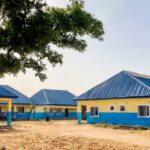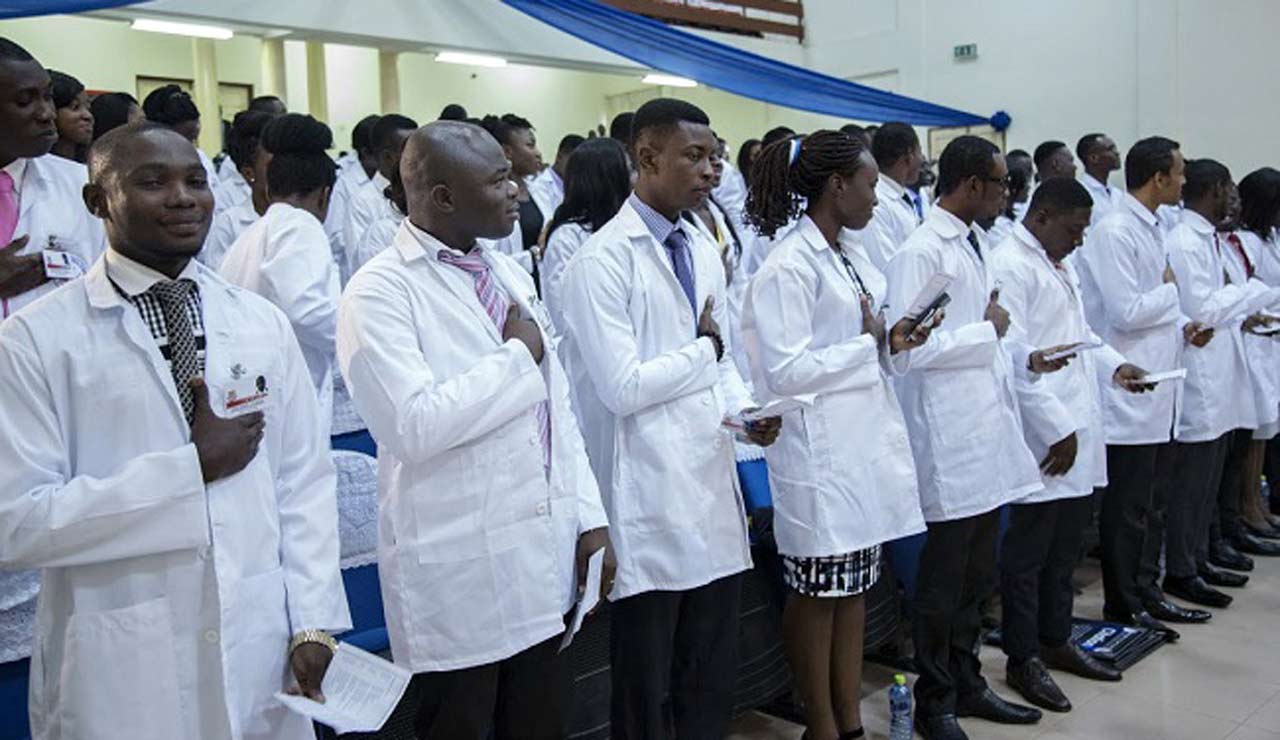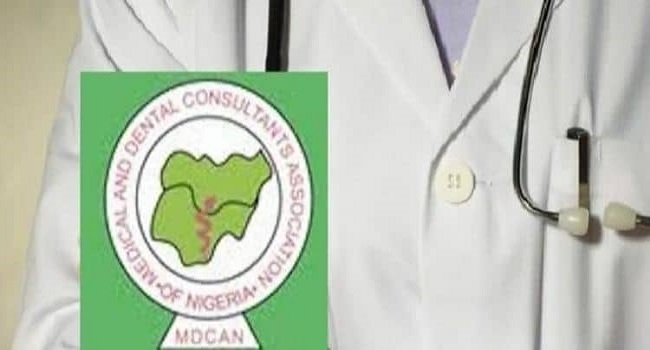Medical Professionals Warn of ‘Japa’ Syndrome: Brain Drain Threatens Shutdown of Hospital Departments

In a concerning revelation, the Medical and Dental Consultants’ Association of Nigeria (MDCAN) has sounded the alarm regarding the grave consequences of brain drain within the nation’s healthcare institutions. According to MDCAN’s newly-elected President, Prof. Muhammad Muhammad, some departments in teaching hospitals are on the verge of shutting down due to the escalating rate of medical professionals emigrating, a phenomenon colloquially referred to as ‘Japa.’
Prof. Muhammad shared this distressing information during a press briefing at the conclusion of MDCAN’s 13th Biennial Delegates Meeting and Scientific Conference held in Kano. He expressed deep concern, stating that more than 500 specialist doctors with expertise in medical education have left the country.
“The survey we conducted approximately two years ago revealed that around 500 specialist doctors have departed Nigeria,” Prof. Muhammad emphasized. “These individuals represent the pinnacle of the medical profession, actively engaged in teaching and nurturing the next generation of doctors, both in medical schools and specialized training programs across Nigeria.”
He underscored the alarming rate of migration, pointing out that some departments now operate with only one or two doctors, whereas the norm was ten. Prof. Muhammad further highlighted the gravity of the situation, asserting that it would take nearly a decade to replace the lost medical expertise at the current production rate, a predicament that has only worsened over time.
The persistent challenge of brain drain in the health sector extends not only to professionals leaving Africa but also to neighboring West African countries. Prof. Muhammad urgently called upon the government to devise comprehensive solutions to tackle this issue, including incentives that promote the retention of the dwindling healthcare workforce in Nigeria.
“The government must address infrastructure deficiencies, working conditions, and security concerns as a matter of utmost urgency,” Prof. Muhammad emphasized. “Without substantial improvements in these areas, it will remain a formidable challenge to deter medical professionals from seeking opportunities elsewhere.”
Furthermore, the integrity of medical education itself hangs in the balance, with a significant number of universities now having fewer training slots available than their existing manpower and infrastructure can efficiently accommodate. Prof. Muhammad urged the government to prioritize the motivation and retention of available healthcare human resources to safeguard and enhance the quality of undergraduate and postgraduate medical training programs in Nigeria.
As the ‘Japa’ syndrome continues to threaten the nation’s healthcare system, concerted efforts must be made to address the exodus of medical professionals and secure the future of medical education and healthcare in Nigeria.



